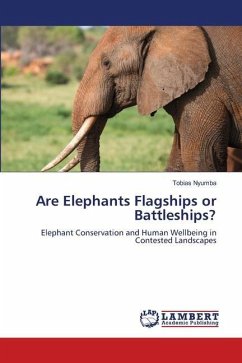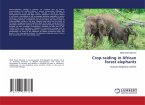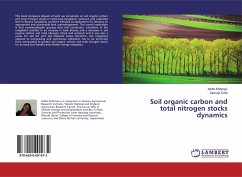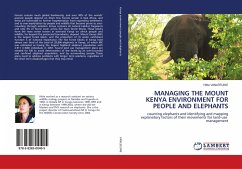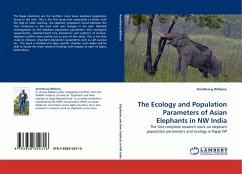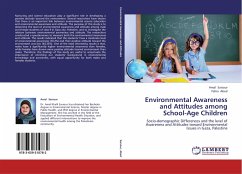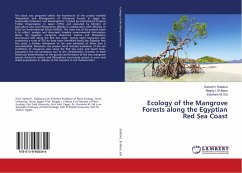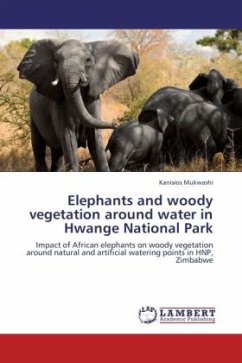Elephants are threatened by the ever-changing land use and land cover systems in pursuit of human well-being. Multifunctional landscapes such as the Trans Mara in Kenya represent the arena of action leading to conflicts between elephants and people. The landscape comprises communal lands bordering the world-famous Masai Mara National Reserve, supports various land use types and provides refuge to one of Kenya's large elephant populations.This book uses interdisciplinary methods to gain insights into the nature and consequences of conflict on the well-being of communities living with elephants. Using the Trans Mara landscape as a case study, the book shows that elephant ranges are increasingly being restricted by expanding human activities. For Trans Mara, this is happening against a background of increasing human settlement, land sub-division and agriculture. The impact of elephants on human well-being is evident, differentially affecting the psychological, material and social components of wellbeing. These impacts have local and global implications for the pursuit of human well-being and the conservative of elephants.
Bitte wählen Sie Ihr Anliegen aus.
Rechnungen
Retourenschein anfordern
Bestellstatus
Storno

